Editorial To Vima: Do it like Crete!
The most vulnerable social groups are being battered by price hikes and a looming recession, and inflation is sapping the income of citizens in lower income brackets.
In these difficult and trying days of war, galloping inflation, and an energy crisis, the social terrain is depressing, bitter, and highly problematical.
The most vulnerable social groups are being battered by price hikes and a looming recession.
Undoubtedly, inflation is sapping the income of citizens in lower income brackets and depriving the most vulnerable social groups of opportunities and capabilities.
Entrepreneurial activities and economic sectors face crushing pressures due to the impact of enormous energy price hikes on everything from the price of raw materials to the cost of packaging and transport.
Moreover, certain regions in the heartland that have little economic activity and depend on particular income sources are in greater danger.
It will be difficult to manage such a multi-faceted crisis that is reminiscent of the last global energy crisis in the 1970’s, that led to protracted stagflation. It will require coordinated efforts, toil, sacrifices, and tough adjustments.
Despite this bleak backdrop, however, there are distinct examples of success that offer light and hope.
A prominent banker who recently toured Crete and had contacts with a host of businesses – hotels, other tourist enterprises, and producers of local products – praised the island’s business class, the initiatives of entrepreneurs providing products and services, investments that are in progress, and the added value that those doing business achieve each year, which has allowed them to transcend the burdens of successive crises.
“Having been exposed for years to an absolutely extroverted and totally competitive environment, they have managed to swiftly adjust to market shifts and have acquired great self-confidence. They do not back off and persist in investing in and increasing the added value of their goods and services. That allows for more effective pricing and permits them to adapt to changing market conditions. Crete is another world,” the banker asserted.
Especially in the case of high quality tourism enterprises, he noted that, “They are greening in an organised fashion and adapting to the demands of climate change. They systematically monitor the social media, automatically absorb observations from this particular brand of economic democracy, and react swiftly to the immediate evaluations and grading of clients, maximally exploiting their growing reputations in the digitally interlinked global tourism sector.”
Additionally, more and more traditional businesses, that have exploited the international shift toward authentic products, have bolstered their positions, expanded their penetration of international markets, and have achieved impressive results. By linking up with strict and demanding tourism enterprises they reap even more benefits and, more importantly, built up endurance to face crises.
Undoubtedly, the bright example of Crete provides answers to many of the pressing existential and economic challenges of our tumultuous era and can revive hopes that have nearly vanished.
Fortunately, such entrepreneurial oases that breed great expectations have grown throughout the country.
Thessaly has extroverted businesses that are comparable to Europe’s best. The evident entrepreneurial rebirth of Epirus, once the country’s poorest region, has allowed it to progress and incomes there are rising. Ioannina over the last few years has become exceptionally vibrant, and the development of roadways ended the region’s isolation and changed the economic terrain.
Despite the heavy burden of the war and inflation, Crete’s example demonstrates that a culture of competition helps save the day, as it builds endurance and creates opportunities.
- Ιράν: Η Lufthansa αναστέλλει τις πτήσεις προς και από την Τεχεράνη μέχρι και τις 29 Μαρτίου
- Τουλάχιστον 1.500 μέλη του Ισλαμικού Κράτους δραπέτευσαν από φυλακές της Συρίας
- Τρίπολη – Νεστάνη: Νεκρός εντοπίστηκε ηλικιωμένος κατά την κατάσβεση πυρκαγιάς σε κατοικία
- Στα «ΝΕΑ» της Τρίτης: Τρεις ανατροπές υπέρ των παιδιών
- Η Μολδαβία αποχώρησε από την ευρασιατική ομάδα ΚΑΚ της οποία ηγείται η Ρωσία
- Η Premier League αποθέωσε τον Κωστούλα για το καταπληκτικό γκολ (vid)
- Κίνα: Η κίνηση που επαναπροσδιορίζει τον τρόπο που θα διεξάγονται οι μελλοντικές συγκρούσεις
- «Η επιθετικότητα απέναντι στη Γροιλανδία είναι ζήτημα της ΕΕ και όχι μόνο της Δανίας»
Ακολουθήστε το in.gr στο Google News και μάθετε πρώτοι όλες τις ειδήσεις

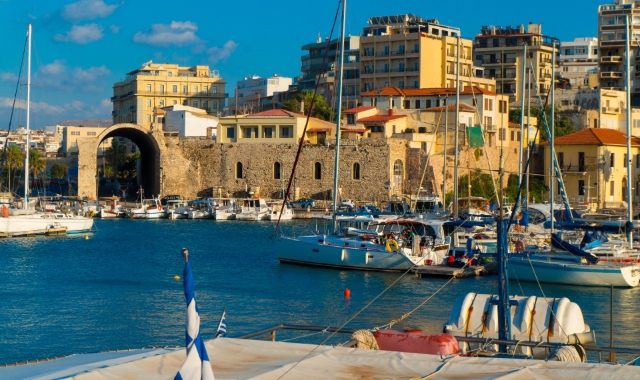






![Άκρως Ζωδιακό: Τα Do’s και Don’ts στα ζώδια σήμερα [Τρίτη 20.01.2026]](https://www.in.gr/wp-content/uploads/2026/01/danie-franco-wEuWV0Vz9uw-unsplash-315x220.jpg)



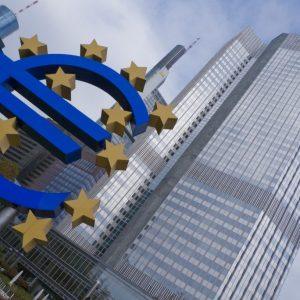















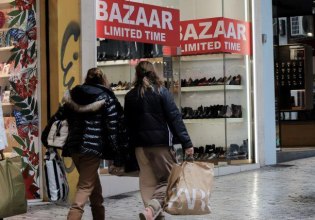



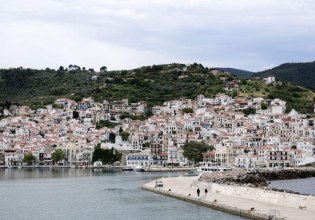
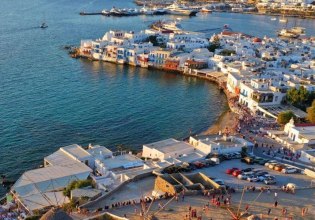



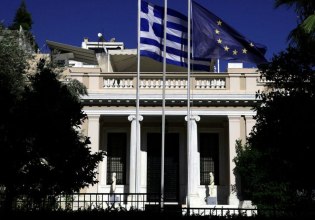
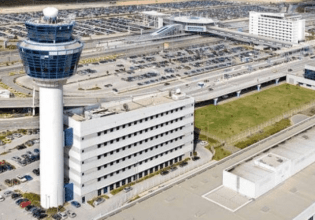

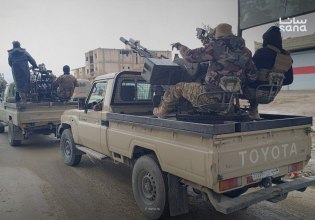

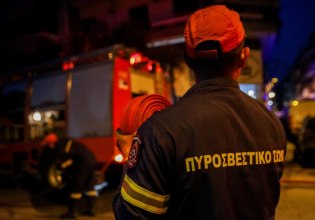
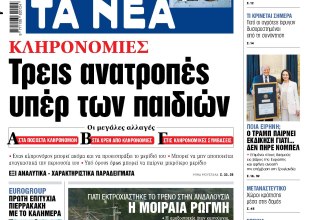


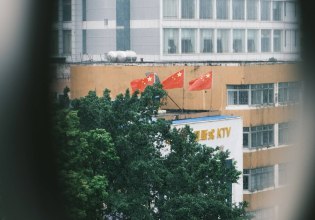







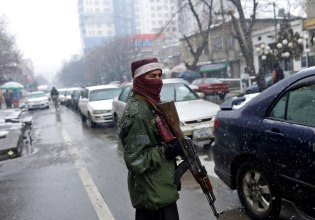


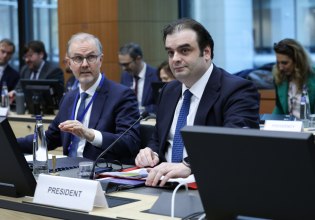





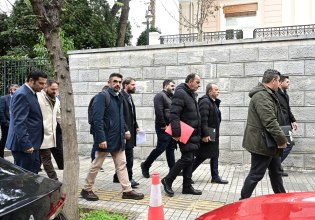



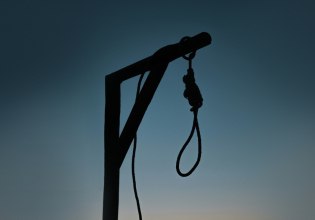





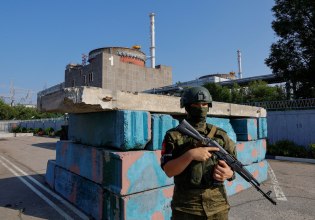



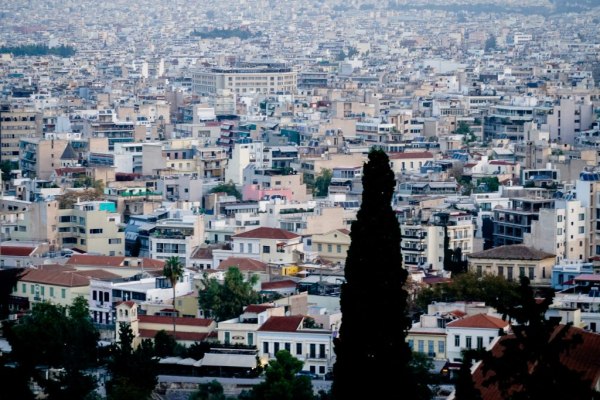



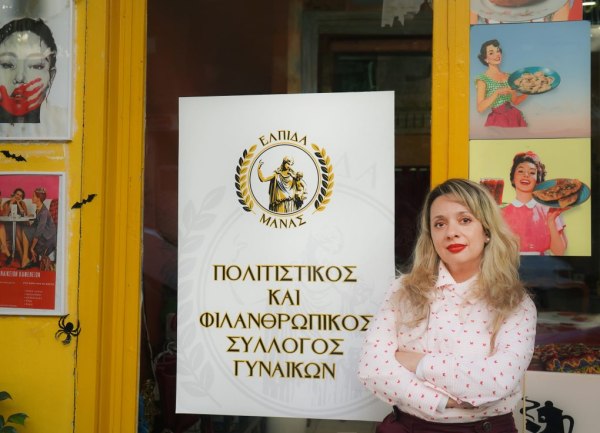


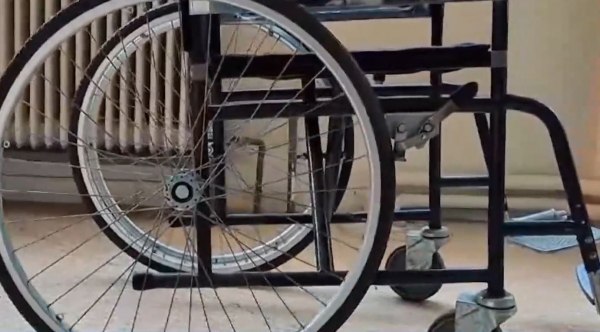
 Αριθμός Πιστοποίησης Μ.Η.Τ.232442
Αριθμός Πιστοποίησης Μ.Η.Τ.232442